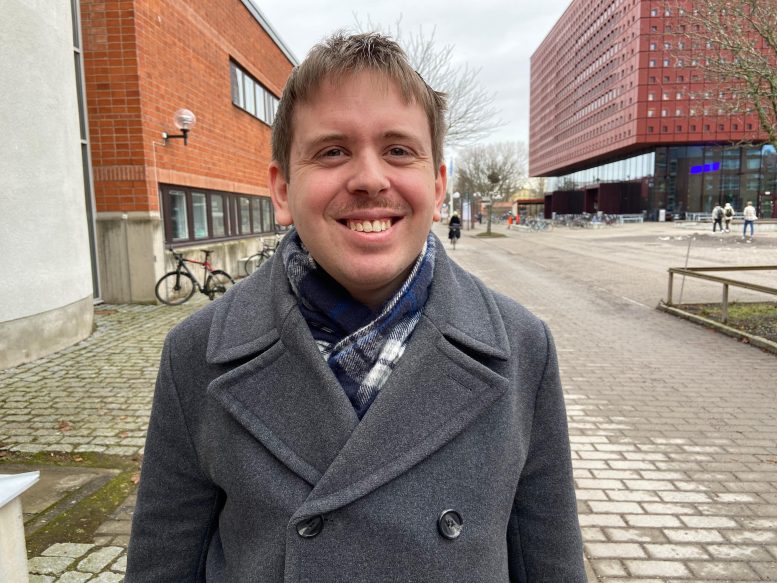
A doctoral thesis at Linköping University reveals that nepotism may be an underestimated issue in Sweden, with individuals having a 2-4% increased chance of obtaining jobs or housing if their relatives hold important public positions. The researcher suggests that transparency, awareness training, and improved procedures could mitigate corruption risks and maintain citizens’ confidence in public agencies.
A doctoral thesis conducted at Linköping University on corruption in a mature democracy highlights the risk of individuals gaining an advantage by having their relatives in significant positions within the public sector. The research reveals that nepotism could be a more significant issue in Sweden than previously thought and warrants increased attention.
Sweden is often regarded as a nation with a low level of corruption, which is true when looking at, for instance, its relatively low number of convictions for bribery.
However, critics claim that the extent of corruption may still be underestimated, as rankings may miss forms of corruption that are harder to detect and have a less obvious impact on people’s daily lives. One example of this is when politicians or public officials make decisions that unlawfully benefit their friends or relatives, i.e., what is known as nepotism or friendship corruption.
To investigate this, Emanuel Wittberg, in his doctoral thesis, has analyzed records data for the entire Swedish population, relating to for instance workplace, educational level, and family relationships.
The results show that individuals whose parents or siblings work for public agencies or public landlords have a greater chance of getting a job or a flat. There are also indications that local businesses may be favored in public procurements.

Emanuel Wittberg, doctoral student at the Institute for Analytical Sociology and the Centre for Local Government Studies at Linköping University, Sweden. Credit: Jonas Roslund
“Both when it comes to housing owned by any given municipal landlord and jobs in any given municipality or government agency, we’re talking about a 2 to 4 percent increased chance,” says Emanuel Wittberg, a doctoral student at the Institute for Analytical Sociology and the Centre for Local Government Studies at Linköping University.
According to Emanuel Wittberg, this difference is statistically significant.
There may of course be many explanations for this other than nepotism. Individuals may differ in backgrounds, drives, preferences, and knowledge about how society functions, and this may affect the results. To weed out such factors, Emanuel Wittberg has compared individuals who are similar but some of whom have contacts and others do not.
In spite of this, it is not possible to eliminate uncertainty, as the records data do not contain all information. He, therefore, points out that the results show where there may be a risk of nepotism, although it is not possible to determine that nepotism is involved in each individual case.
“My thesis indicates that this is a problem that is relevant to study and keep your eyes on, also in a mature democracy like Sweden.”
There is a risk that corruption may erode citizens’ confidence in public agencies. In Emanuel Wittberg’s opinion, this can be avoided by ensuring transparency, so that decisions can be reviewed. There may also be a need for more awareness training and better procedures, such as anonymizing job applications to a greater extent.
Emanuel Wittberg says that what is special about his thesis is not only that it investigates corruption in a mature democracy but also the method used: analysis of large-scale data. His investigation includes many individuals, organizations, and businesses, analyzed over a long period of time. According to him, the results are a first step towards getting an idea of the risk of large-scale nepotism.
Reference: “Corruption risks in a mature democracy: Mechanisms of social advantage and danger zones for corruption” by Emanuel Wittberg, 13 February 2023, Linköping University Electronic Press.
DOI: 10.3384/9789180750073









Be the first to comment on "New Study: Corruption in Sweden May Be More Common Than Thought"